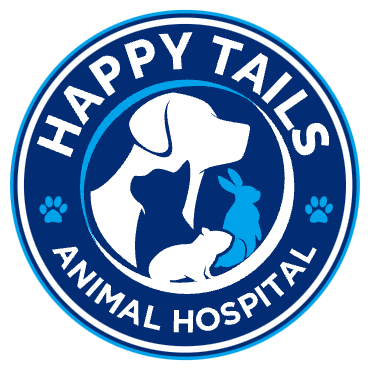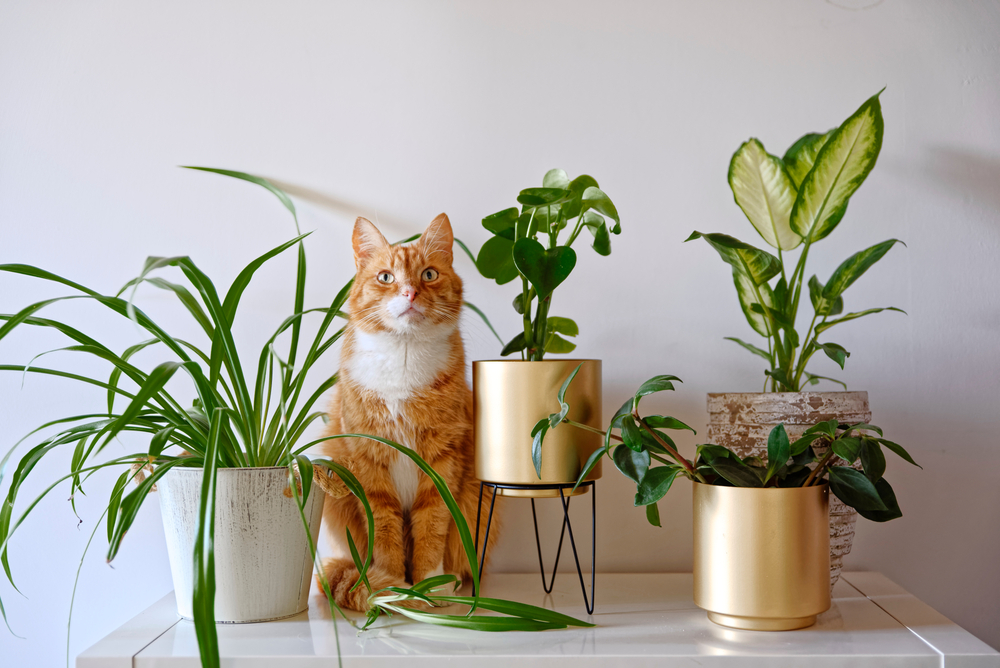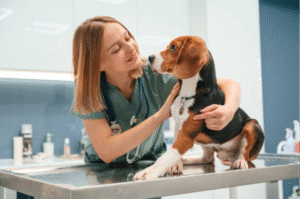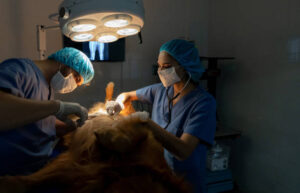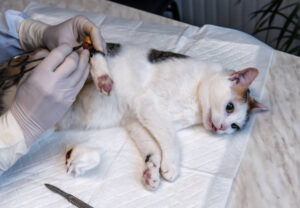As the vibrant hues of spring begin to adorn Renton, WA, pet owners are eager to rejuvenate their homes with the season’s freshness. However, the safety of our furry companions remains a paramount concern. Dr. Arshdeep Mann of Happy Tails Animal Hospital shares essential insights into pet-safe plants and flowers, ensuring your spring greening brings joy, not jeopardy, to your pets.
A Palette of Safety: Choosing the Right Greenery
The Safe List: Blooms and Greens
Navigating the myriad of plant options can be daunting. Here’s a curated list of pet-friendly choices to brighten your home and garden:
- Spider Plant (Chlorophytum comosum): A resilient and easy-to-care-for houseplant that thrives in indirect sunlight.
- Boston Fern (Nephrolepis exaltata): This lush fern adds a touch of wilderness to your indoor space without posing risks to pets.
- African Violet (Saintpaulia): For a splash of color, African violets offer a safe and beautiful option.
- Roses: While thorns can pose a physical hazard, they are non-toxic and safe for pets.
- Snapdragons (Antirrhinum majus): These vibrant flowers can add beauty to your garden without harming your pets.
The Caution List: Plants to Avoid
Some plants and flowers, despite their beauty, can be harmful to pets. Common toxic varieties include:
- Lilies (Lilium spp. and Hemerocallis spp.): Extremely toxic to cats, causing kidney failure even in small amounts.
- Tulips: The bulb contains compounds that can cause oral irritation, drooling, and even heart issues.
- Sago Palm (Cycas revoluta): All parts of this plant are poisonous, with the seeds being particularly dangerous, leading to vomiting, seizures, and liver failure.
Cultivating a Pet-Safe Environment
Indoor Gardening with Pets in Mind
When bringing plants indoors, position them in areas inaccessible to pets. Curiosity can lead even the most well-behaved pets to nibble on foliage. Use hanging planters or high shelves for extra safety.
Gardening Outdoors
In your garden, create a designated area for pet-safe plants, and consider fencing off any existing plants that could be harmful. Regularly inspect your garden for any plants that might have grown from bird-dropped seeds or other sources.
Happy Tails’ Guide to a Flourishing Spring
Dr. Mann and the team at Happy Tails Animal Hospital are committed to the well-being of your pets through all seasons. Here are a few tips to ensure a pet-safe spring:
- Regular Check-Ups: Spring is a great time for a wellness check to ensure your pet is ready for the season ahead.
- Education: Know the signs of plant toxicity in pets, ranging from mild gastrointestinal upset to more severe symptoms like lethargy, vomiting, and difficulty breathing.
- Emergency Plan: Have a plan in place in case your pet ingests something toxic. Save the number for Happy Tails Animal Hospital and the ASPCA Animal Poison Control Center in a readily accessible place.
Embracing Spring with Safety and Style
Spring brings the promise of renewal, and with the right precautions, it’s possible to enjoy the season’s beauty without compromising the safety of our pets. By selecting pet-safe plants and flowers, we can create an aesthetically pleasing and secure environment for our furry family members.
For more guidance on pet-safe gardening or if you suspect your pet has ingested a toxic plant, please contact Happy Tails Animal Hospital at 425-254-2779. Dr. Arshdeep Mann and his knowledgeable team are here to provide the care and advice you need to navigate pet ownership through all seasons.
Sources:
- ASPCA (American Society for the Prevention of Cruelty to Animals): Offers a comprehensive list of toxic and non-toxic plants and flowers for pets.
- Pet Poison Helpline: Provides valuable information on common springtime toxins and first aid tips for pet owners.
- VeterinaryPartner.com: Features articles by veterinarians on pet health, including how to prevent poisoning from plants and what to do if exposure occurs.
